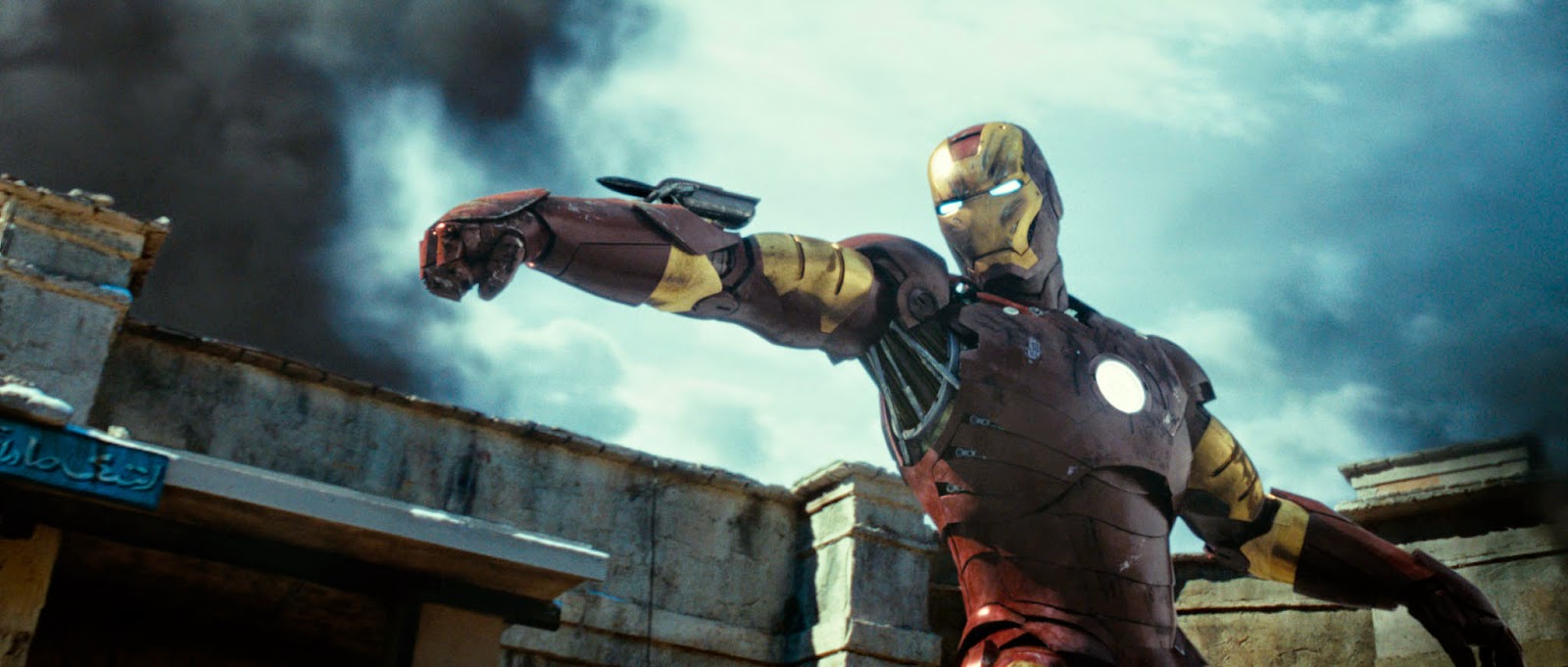 Eh.
Eh.Oh, you wanted a full review? Okay, here goes:
When Oliver Twist asked, “Please, sir, I want some more,” he didn’t have to wait nine years for a second pot of food. As I recall, he didn’t get any at all, so maybe we should be grateful that we even have Sin City: A Dame to Kill For, a pre/sequel to 2005’s Sin City. “Gratitude” isn’t, however, the word I would use to describe Robert Rodriguez’s second adaptation of Frank Miller’s hardboiled comics; the proper word is somewhere between “bored” and “disappointed.”
As before, four interlocking narratives give us another look at Basin City, where the tough guys are tough and the women are all prostitutes of one kind or another. Dwight McCarthy (Josh Brolin) is pulled back into a spiderweb woven by his femme fatale ex Ava Lord (Eva Green), while lucky gambler Johnny (Joseph Gordon-Levitt) finds himself across the poker table from the evil Senator Roark (Powers Boothe). However, Nancy Callahan (Jessica Alba) also has her sights on Roark, while Marv (Mickey Rourke) lumbers around punching things.
Here’s the thing about this film: you’ve already seen it. Aside from the numerous films that have taken cues from the first Sin City, particularly vis-à-vis spot color and neo-hardboiled ethos, there is very little in the sequel that wasn’t already in the first film. To name a few (veiled spoilers follow): a cop’s suicide, shooting a woman mid-kiss, and Marv breaking into fortified compounds – which actually happens a couple of times in this movie alone.
The points deducted for originality really sting because Sin City was, on its initial arrival, heralded for its innovative approach to adapting comics to the screen. Nine years later, though, Rodriguez has changed nothing, and the result feels quite stale, almost dated beyond the way that film noir usually harks back to a previous era. This, for my money, is among the worst sins a film can commit. For those that own Sin City on DVD, it’ll be cheaper to go back to the original.
If you’re playing the home game and can remember Machete Kills, you’ll recall that Rodriguez is now oh-for-two on sequels, and I’m wondering if the director has lost his edge (or if, a decade later, I’ve perceptibly matured as a moviegoer). As in Machete Kills, Dame is overfull of very good actors, Gordon-Levitt and Boothe among them. Post-Deadwood, I’m especially glad to see Powers Boothe get an expanded role here, since his particular brand of scenery-chewing is always a delight. But where Rodriguez seems to be phoning it in lately, the cast too aren’t at their best. Alba is trying, you can tell, and so is Brolin; even Green, seemingly inspired casting as the vamping Ava Lord, seems to be overplaying the part – I suspect, though, based on her performance in Dark Shadows that that’s deliberate (Ava Lord is essentially Angelique Bouchard sans clothing), but I might be giving her the benefit of the doubt. One wonders if all that green-screen filming is getting to them, because the visuals appear to be doing most of the heavy lifting.
For all the disappointment that A Dame to Kill For engenders, it’s never patently bad, which is almost worse. Making a genuinely bad film is in some respects more of an achievement because it elicits a reaction; an uninspired outing like this one can be reviewed with an unenthusiastic shrug. I wanted to be swept away by this one like I was with the first, but instead it seems like a relic. The gender politics are horridly outdated despite the film’s attempt to “empower” its female characters, and the Day-Glo blood sprays are no longer visceral enough. Instead, the whole film plods out blandly, the cinematic equivalent of Josh Brolin gritting his teeth for two hours. When he says “Don’t let the monster out,” we’re shouting back, “Please let the monster out and do something creative!”
Instead, the film pulls its punches and plays it safe. If you enjoyed the first film but wanted more of the same without that feeling of freshness, you’ll have a great time here, but I suspect that this sequel will not be well remembered, if indeed it is remembered at all.
Sin City: A Dame to Kill For is rated R for “strong brutal stylized violence throughout, sexual content, nudity, and brief drug use.” Stylized is the key word with the violence, because a lot of the time it looks like someone pouring out white paint; a few severed limbs and heads are seen, and usually the blood there is more red. The middle segment of the film features all of the nudity, a man’s bottom and a frequently topless woman with her lower regions obscured in shadow; other scenes show strippers and prostitutes who keep their skimpy clothes on. Surprisingly, the language is pretty tidy, with only one F-bomb in the batch.














